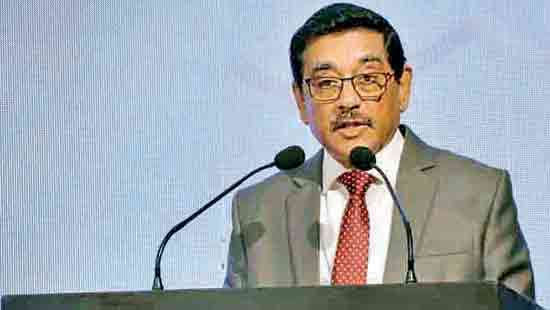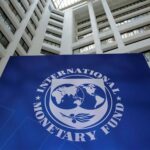
Central Bank Rolls Out Landmark Drive to Boost Financial Literacy in Sri Lanka
- CNL Reporter
- July 4, 2025
- Banking and Financial, News
- Central Bank
- 0 Comments
In a major step towards empowering Sri Lankans with essential financial knowledge, the Central Bank of Sri Lanka (CBSL) on Wednesday launched a wide-ranging financial literacy initiative. This includes the country’s first comprehensive Financial Literacy Curriculum, a set of educational video series, and a professional certification programme for financial trainers.
The initiative forms a key part of CBSL’s long-term vision, “Towards a Financially Literate Sri Lanka,” aiming to equip citizens with the skills and mindset necessary for smart financial decision-making in an increasingly complex economic environment.
Speaking at the official launch in Colombo, CBSL Governor Dr. Nandalal Weerasinghe described the initiative as a “pivotal milestone” in Sri Lanka’s journey towards inclusive financial empowerment. He emphasised that bridging the gap between knowledge and practical action is crucial to prevent over-indebtedness, poor saving habits, and vulnerability to scams.
The newly introduced National Financial Literacy Curriculum, developed in collaboration with the University of Kelaniya, will standardise financial education across the island. Covering seven key areas — including personal finance, tax, and digital banking — the curriculum will be freely accessible in Sinhala, Tamil, and English via the CBSL website.
To bring financial concepts to life, CBSL has produced two video series, supported by the UNDP and Japan’s JICA, which focus on real-world challenges like managing debt and avoiding fraud. Media institutions and content creators have been invited to help expand public access to these resources.
In addition, a Certified Trainer in Financial Literacy (CTFL) programme, developed with the Institute of Bankers of Sri Lanka, will annually certify 100 trainers from the public and banking sectors.
Dr. Weerasinghe called for collective national participation, stating, “A financially literate population is vital for economic resilience and sustainable growth.”

